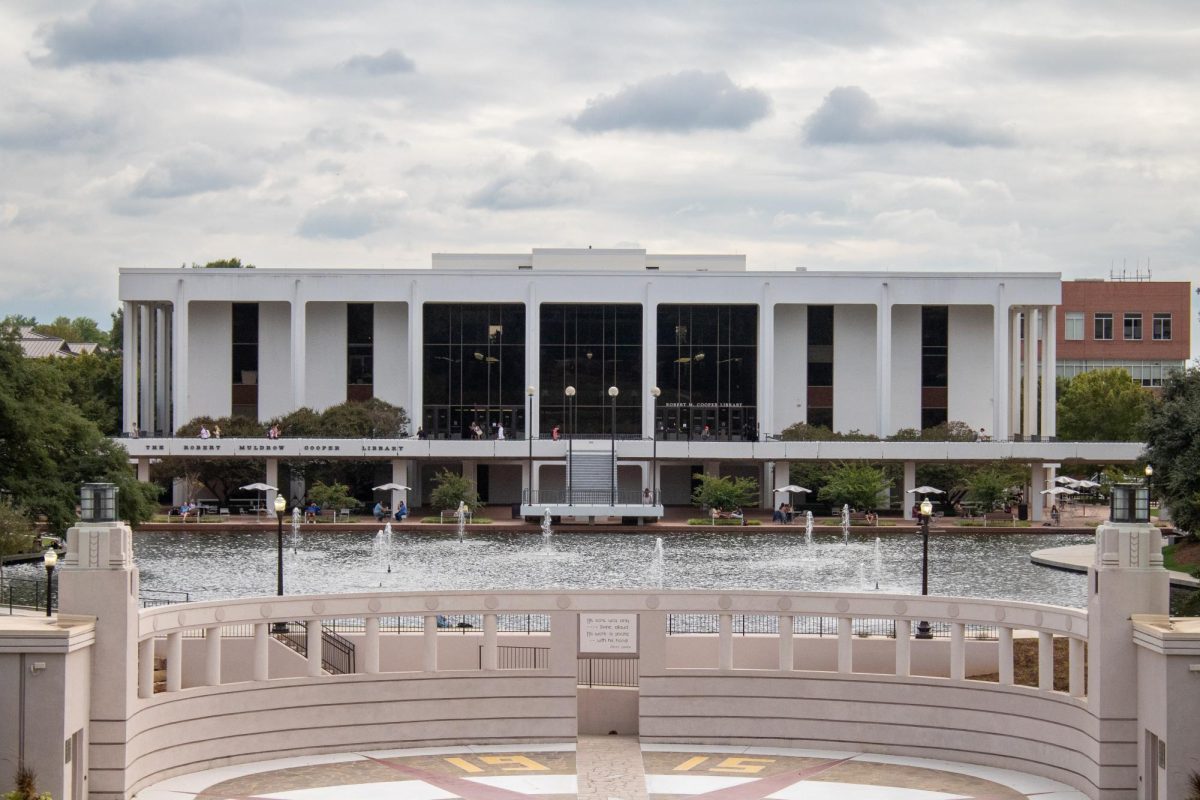With Clemson University’s introduction of the College of Veterinary Medicine last year, it is finally time to adopt an idea from Louisiana State University. Though LSU notably snagged the nickname of “Death Valley” for its football stadium nearly a decade after Clemson’s Memorial Stadium was first dubbed with the title, LSU has a standout difference on its campus: Mike the Tiger.
Mike has been a staple of LSU’s campus since 1934, and the role has been held by seven Bengal tigers over the last nine decades. The overall care for Mike is provided by the veterinarians on campus, while his daily upkeep is allotted to two students of veterinary medicine. The tigers have had an average lifespan of about 19 years, which is an improvement on the average Bengal lifespan in the wild. His modern 15,000-square-foot enclosure was built in 2005 for roughly $3.7 million, and his upkeep is largely funded through donations.
It is not unprecedented for a live tiger to live on a college campus. Clemson University is rapidly expanding, and the idea of the “Clemson Family,” for many, is getting lost in translation. The University finally has an opportunity to recalibrate and focus on its students. If a tiger was introduced to campus, imagine the opportunities for students. The veterinary students can care for his daily needs. The architecture students can design the enclosure, while the engineering students can build it. The business students can market and manage the project.
Bengal tigers are considered to be an endangered species by the International Union for Conservation of Nature and Natural Resources, with an estimated population of 2,500 in the wild. They are often the victims of poaching and loss of habitat due to human expansion, adding even more reason for Clemson to add one to its campus.
It is time for Clemson to expand our vast family with a new member. The opportunities that bringing a tiger to campus provides for the students and University are incredibly positive. The only thing that really should be up for debate is what we should name it.
Natalie Peck is a junior communication major. Natalie can be reached through her email, [email protected].










